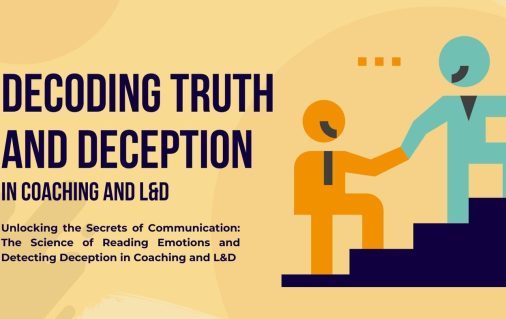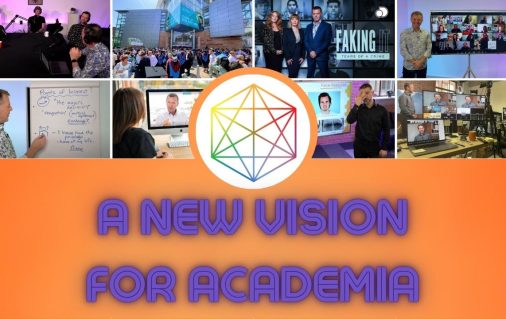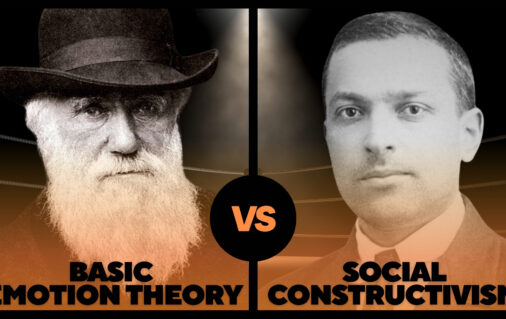Why is Emotional Intelligence Important?
We are social creatures, and much of our lives depend on relationships, both professionally and personally. An important aspect and massive influencer in these relationships are emotions.
So much depends on how well we can understand other people’s emotions, how well we can express and control our own emotions, how accurately we can communicate and read emotions… and then how effectively and appropriately we can respond.
Emotional Pain
If you feel heartbroken, take Tylenol!
… Now you might be thinking that these two things aren’t related, and emotional pain isn’t ‘real’ enough to take a pill for… But what if we told you that this advice is scientifically sound. Tylenol significantly reduces the experience of social pain and rejection… this is because the neurocircuits of physical pain and social pain use the same brain circuitry.
In a study, when participants took Tylenol, it minimized the dorsal anterior cingulate cortex (dACC) activation so much that when social rejection occurred, the pain circuitry that is usually associated with it (which causes the pain) was undetectable (Lieberman, 2013).
This idea is expanded on by Mayer and colleagues who state:
Research studies like these highlight just how vital our social interactions, communication and relationships are. If social and emotional pain is as real as physical pain, we must be aware of how we can avoid causing unnecessary pain in our personal and professional interactions. Further, suppose we can learn how to communicate effectively by understanding how to interact and relate to those around us. In that case, we will become more equipped to building healthy relationships, understand others and bring success into all areas of our lives.
Emotional Intelligence in the Real World
If you think of your favourite teacher or coach while growing up, they likely showed characteristics related to high emotional intelligence.
Emotional intelligence can be a key predictor of successful leadership ability, even more than IQ. In fact, because emotional intelligence is a vital skill in areas like relationship building and maintenance and conflict resolution, most employers (71%) value emotional intelligence over IQ (Landry, 2019; Walter et al., 2012). This seems to be a good approach, as Miao and colleagues (2017) found that when the leaders of an organization had high emotional intelligence, there was more overall job satisfaction experienced by the employees. Emotional intelligence is also a vital skill for entrepreneurs, as these career paths usually involve problem-solving, emotional ups and downs, and actively building/maintaining relationships (Miao et al., 2017).
These findings conflict with research showing how psychopaths often do well in leadership positions within the corporate world. However, there are some common themes and important details to remember when looking at this research.
Although psychopaths can do very well as leaders, they often cannot stay in a position for very long because their true nature eventually is revealed. Others see how the psychopath is being manipulative or dishonest, and then are less inclined to work with that person again.
Also, research on emotional intelligence and leadership shows that CEOs often have lower emotional intelligence than managers. This could partially be due to some psychopathic individuals in CEO positions. However, it may also be because managers usually need to work and maintain relationships with clients and employees much more than a CEO.
As Piaget discovered when researching how children play, cooperation is an essential aspect of social functioning and human development (Piaget, 1932; Piaget, 1936; Piaget, 1945; Piaget & Cook, 1952).
We need to work together, understand and communicate with others, and be seen as trustworthy by others to get the most out of our relationships. When we do have skills in these areas, others are far more inclined to work with us and continue to work with us over time. This creates security in our social well-being, creating safety, less stress, and more opportunities.
By training and developing our emotional intelligence, we can have an advantage in these areas. We can see the true meaning behind what people are communicating and express and control ourselves in a much clearer way than if we were only acting on impulse and driven by our emotions, as many people are.
In emotional interactions, it’s very common to mirror other people’s emotions. If someone is angry, you react with even more anger. If someone is defensive, you also get defensive.
Although this is a natural human behaviour, these responses tend only to make things worse, and in the heat of the moment, our feelings become very hard to control, our emotional brain takes over.
This is quite similar to flooding. Flooding is when we experience an emotional reaction disproportionate to the trigger. For example, you scream and feel enraged when someone accidentally interrupts your presentation. Usually, there are more factors under the surface that influence and motivate these emotional reactions, like childhood or trauma.
This is why it’s critical to develop the skill of understanding the emotional communication of others and to be able to control our own emotions. So that we can communicate effectively, even when feeling big emotions.
















